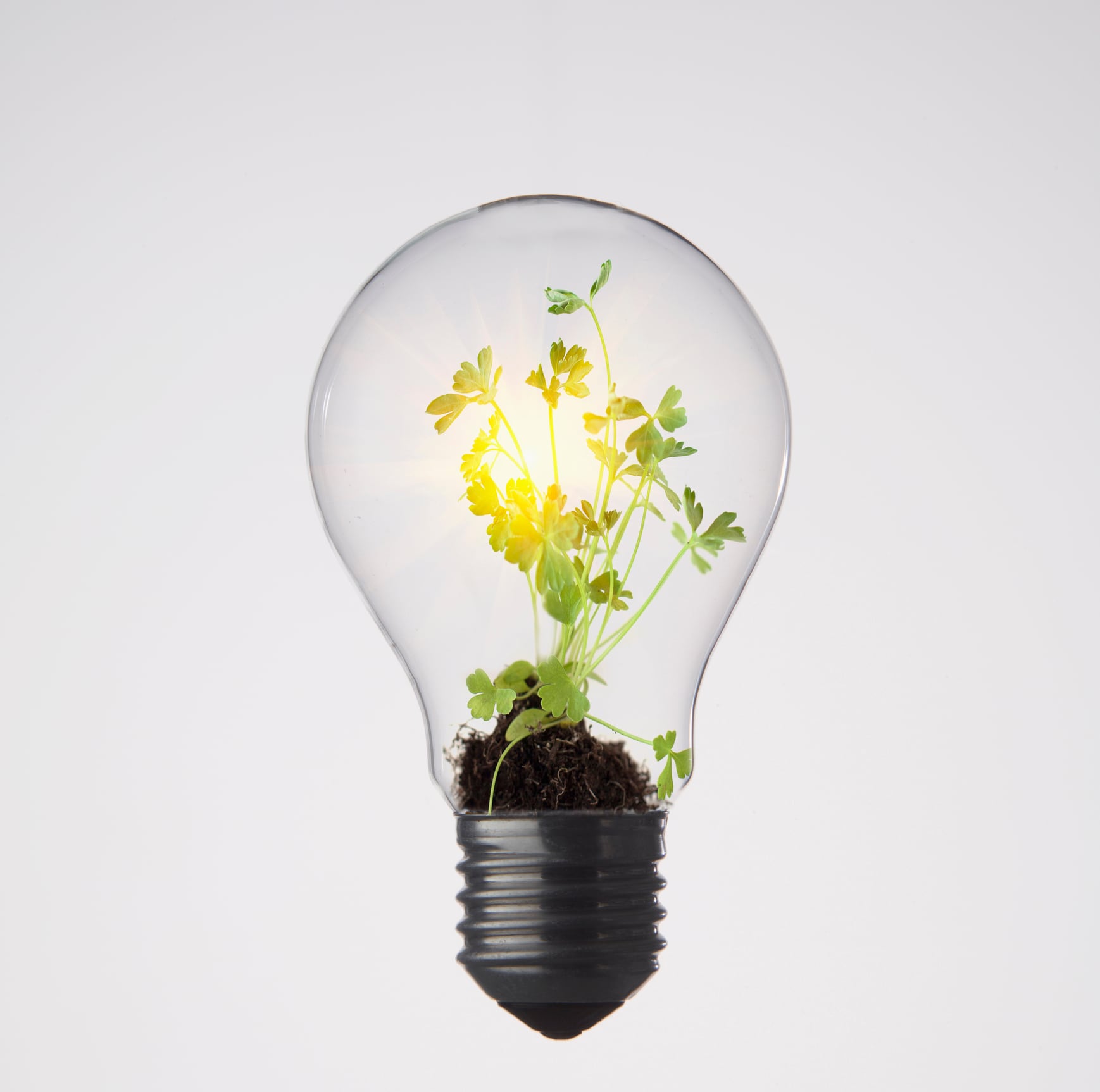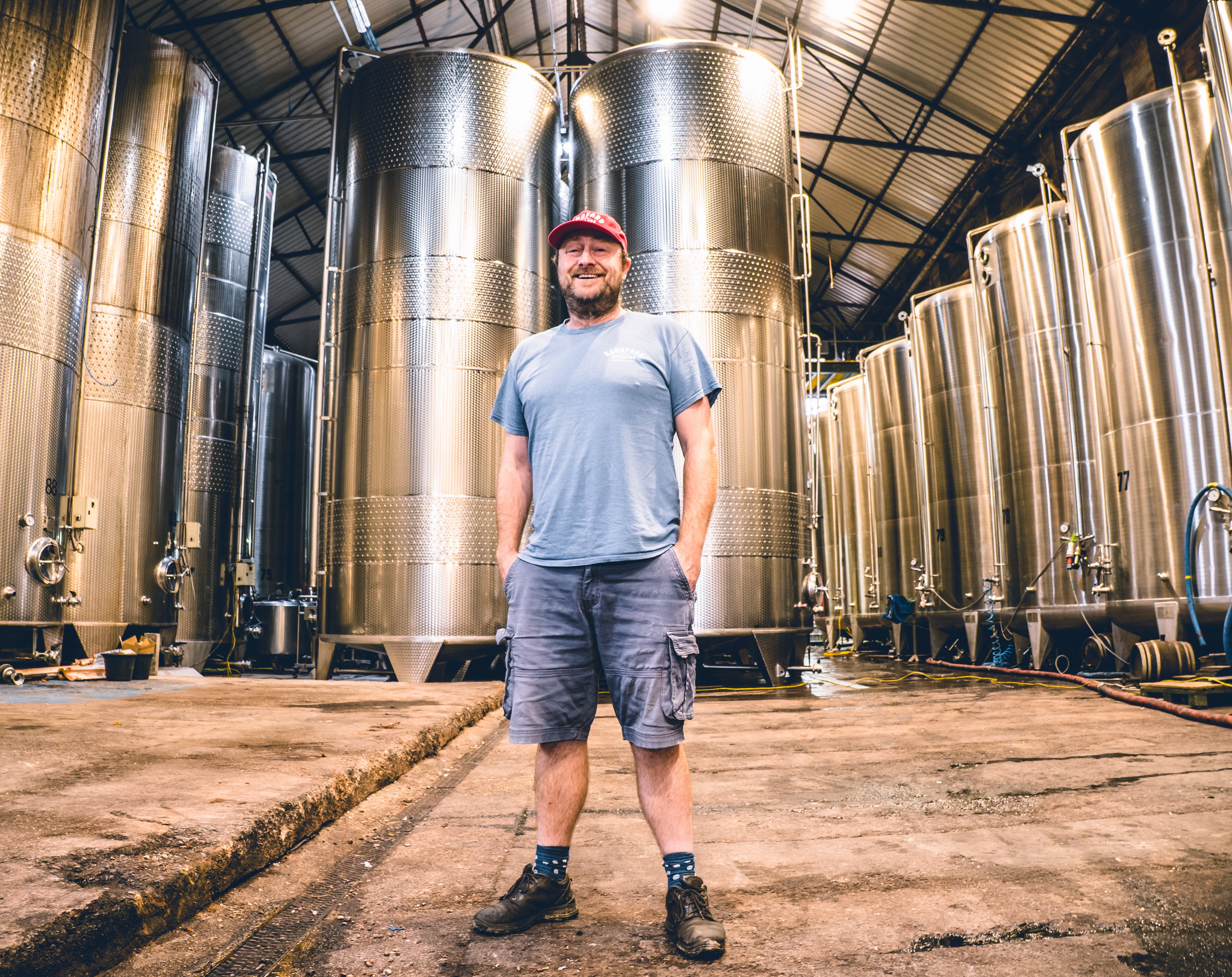This move is part of a €1.5 billion investment Mars has been making in its European manufacturing network over the last five years, as it looks to modernise facilities, increase production capacity and accelerate efforts to decarbonise its value chain.
The company invested in its first European windfarm in 2016, and over the past decade has been transitioning all confectionery manufacturing sites across Europe to renewable electricity.
Mars Wrigley’s ice cream plant in Steinborg, France, was the first of its factories to become 100% powered by renewable energy in 2022.
This move applies to renewable electricity and direct gas use through certificate market-based instruments in each market of operation. These certificates are issued under European schemes and retired annually to match Mars’ consumption, rather than representing direct physical supply to its sites. This renewable energy coverage applies for the duration of current contracts and will be reviewed annually.
In addition to investments to reduce and convert energy consumption, Mars has purchased Guarantees of Origin certificates for the remaining renewable electricity and biomethane equivalent to the amount of electricity and natural gas used in the company’s direct operations for confectionery in Europe.
The 10 sites now fully powered by renewables are located in Czech Republic, France, Germany, the Netherlands, Poland and the UK. Collectively, they produce 900,000 tonnes of snacks annually for a range of leading brands including Snickers, Orbit and M&Ms, with 85% consumed locally in the region.
“At Mars, we believe that the world we want tomorrow starts with how we do business today. Therefore, we measure our success not only by financial results, but also by the positive impact we have on people, the planet, and society,” said Marc Carena, regional president for Mars Wrigley.
“Sustainability makes good business sense and is at the heart of our strategy, and we are committed to making a meaningful difference ensuring that today’s actions create lasting benefits for future generations.”
This is a significant milestone on the company’s global journey to net zero by 2050, with a further €1 billion investment to come by the end of 2026 as Mars looks to boost manufacturing and innovation across all its EU facilities.
With more than 90 years in Europe, Mars operates 24 factories across a range of categories and in 10 EU countries. It employs 25,000 people and exports to over 100 markets.





